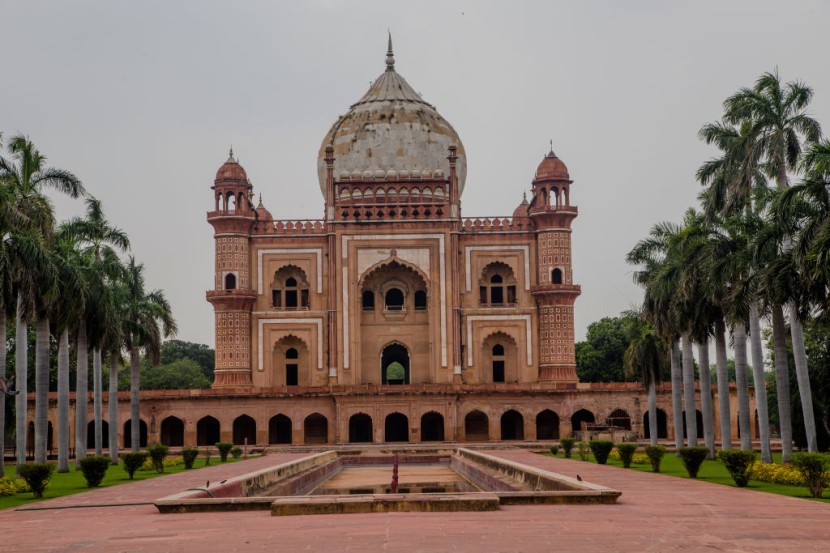
The reopening of India's Taj Mahal transpired after six months on Monday as authorities reported 86,961 new COVID-19 cases across the nation with no signs of a climax yet.
The white marble tomb in Agra, built by a Mughal emperor in 17th century for his wife, had its reopening to the public at sunrise. A Chinese national and a visitor from Delhi were among the first visitors.
Closing of the Taj Mahal
On March 17, the Mughal architectural monuments were closed to the public prior to a lockdown across the country as novel coronavirus cases began to spread in India. The Taj Mahal also once closed its operation amid the Indo-Pakistani war.
First Visitor
On the dot at 5.39 AM on Monday morning, Chinese national Liang Chiacheng first entered the tourist spot and was its first visitor since March, reported NewzWorld4U.
The six-month coronavirus-related closing was the longest for the 17th century monument. It is among the nation's most visited and photographed tourist destination.
The Archaeological Survey of India (ASI) officials have made the necessary organization of the reopening.
According to Amar Nath Gupta, caretaker of the Taj Mahal, "Sanitisation at the eastern and the western gates, thermal screening, painting of circles for social distancing, etc, are in place."
"Only 2,500 visitors will be permitted inside the mausoleum in one shift and this will only be possible through online booking," reported The Daily Guardian.
Gupta added regarding the Taj Mahal's reopening, "Foreigners will need to buy Rs 1,100 entrance tickets and domestic visitors will be able to enter paying Rs 50 per ticket. Rs 200 ticket is additional to enter the main platform for a view of the graves of Emperor Shah Jahan and his beloved consort Mumtaz Mahal."
Following talks with the Union ministry of culture, all patrimonious monuments protected under the Archeological Survey of India, including this one of the seven wonders of the world, were ordered to close after the rapid prevalence of the coronavirus.
Debargha Sengupta, one of the visitors of Taj Mahal's premises, arrived in Prayagraj on the 19th of September for an SSB exam and later rode a train to Agra to visit the monument for the first time.
According to Sengupta, "The government locker room was closed for which I had to keep my luggage in a private shop but as I took entry and saw Taj Mahal for the first time ever I remained speechless.
"It is mesmeric. Moreover, less crowd had added more essence of its majestic presence," reported Times of India.
Eerily Empty
Only a few people turned up to see the iconic destination when it reopened its doors. The entrance normally has long queues but was empty on Monday as officials waited for visitors.
An estimated 160 tickets were booked through the internet. A maximum of 5,000 visitors wouuld be permitted in two shifts daily. This is in contrast to the average of 20,000 visitors every day in the famed monument.
Safety Measures
COVID-19 precautionary measures are being implemented at the Taj Mahal's reopening, including temperature checks at the entrance and social distancing within the vicinity. Wearing a face mask is mandatory.
© 2025 HNGN, All rights reserved. Do not reproduce without permission.








